
Top stories






More news


Marketing & Media
Ads are coming to AI. Does that really have to be such a bad thing?













Fundudzi
Fundudzi by renowned designer Craig Jacobs is a Johannesburg-based eco-friendly fashion line that is designed to reflect the environmental and social stance of those who wear it. The company makes all of its pieces in Africa using locally sourced cashmere, bamboo, soy, corn and organic cotton from Lesotho. The label also supports sustainability through collaborating with local crafters to highlight indigenous artisanal skills.
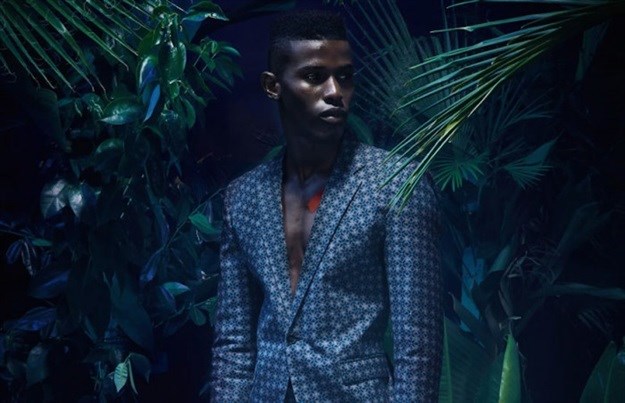
Tonlé is a Cambodia-based fashion brand founded by Rachel Faller that believes in zero waste. The designers source scrap waste from mass clothing manufacturers and from every last thread, they create handmade clothing and accessories that are signed by their makers. Should there be excess fabric, it is hand cut and individually sewn back into yarn to be used again. The brand also makes their own recycled paper from tiny scraps of fabric, paper leftover from office use and natural glue. This paper is used to make hang tags for the garments resulting in completely zero-waste production.
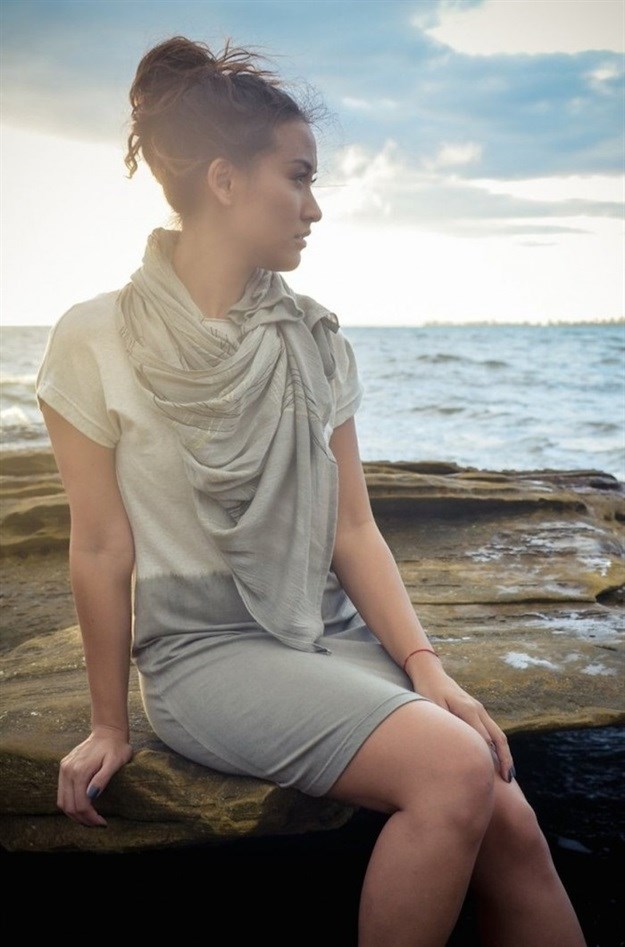
The company also takes care of its employees. Cambodian factory workers are paid $100 a month on average, while working 10-12 hour days. Faller says that Tonlé employees are adequately paid and that there are opportunities for growth and training within the company.
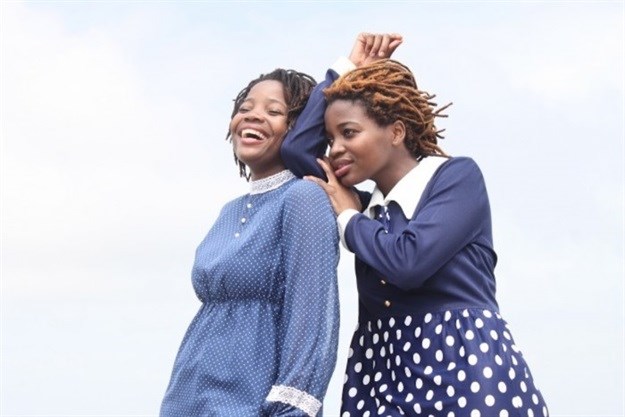
Twin sisters Nelly and Nelsa Guambe are the duo behind Mozambique’s first upcycling clothing brand. The sustainable fashion brand upcycles and renews vintage clothes found in markets in Mozambique and turns them into new fashionable, modern and unique clothes.
Unwanted and out-of-season clothes from the US or Europe are either thrown away in landfills or sold to African merchants who stock them in markets. Instead of creating clothes from scratch, these sisters found a way to start a fashion label in a way that’s good for the environment. The sisters select dresses from the markets and completely redesign and create new dresses from their choices, and sell them online.
The Tripty Project is a Bangladesh-based zero-waste fashion line founded by Luke Swanson and Brooke McEver. The company works with local artisans and farmers to source materials that include pineapple leaves that would have otherwise been thrown out as waste. They also use raw cotton fibre that is organically grown by villagers alongside their food crops without chemicals or watering of any kind. The villagers working at each stage of production use traditional techniques and not machinery to process the cotton, spin it and dye the yarn before it is weaved and sewn into the final Tripty Project product.
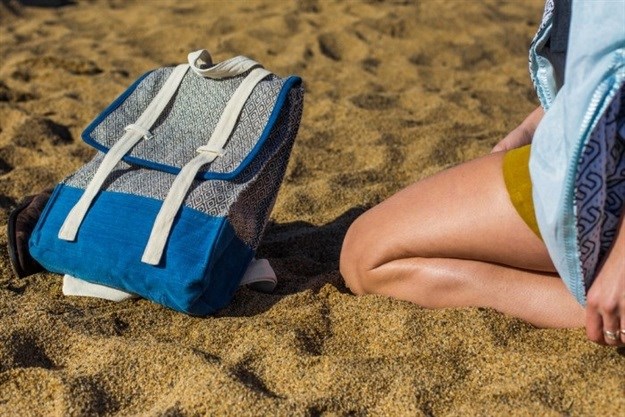
The workers are properly paid for their work and do not work strenuous hours. For instance, the women who weave the yarn usually weave in the evenings or in between household chores, allowing them to take care of their children while earning a living.
Cape Town brand I Scream & Red is a company that makes bags from recycled seat belts, reused upholstery and upcycled materials. The company founded by Zaid Philander also uses organic cotton, making sure that all of its materials have a green print.
The company sources its materials in Cape Town, within the vicinity of their production site, to reduce carbon emissions of travelling and imports.
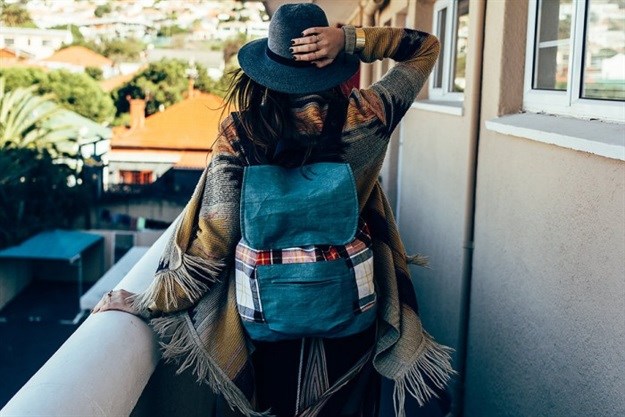
I Scream & Red trains and employs differently-abled people and people from dis-advantaged backgrounds, showing them how to design and make these bags.

Design Indaba inspires and empowers people to create a better future through design and creativity. We are an online publication (www.designindaba.com) with an annual festival and social impact Do Tank.
Go to: www.designindaba.com